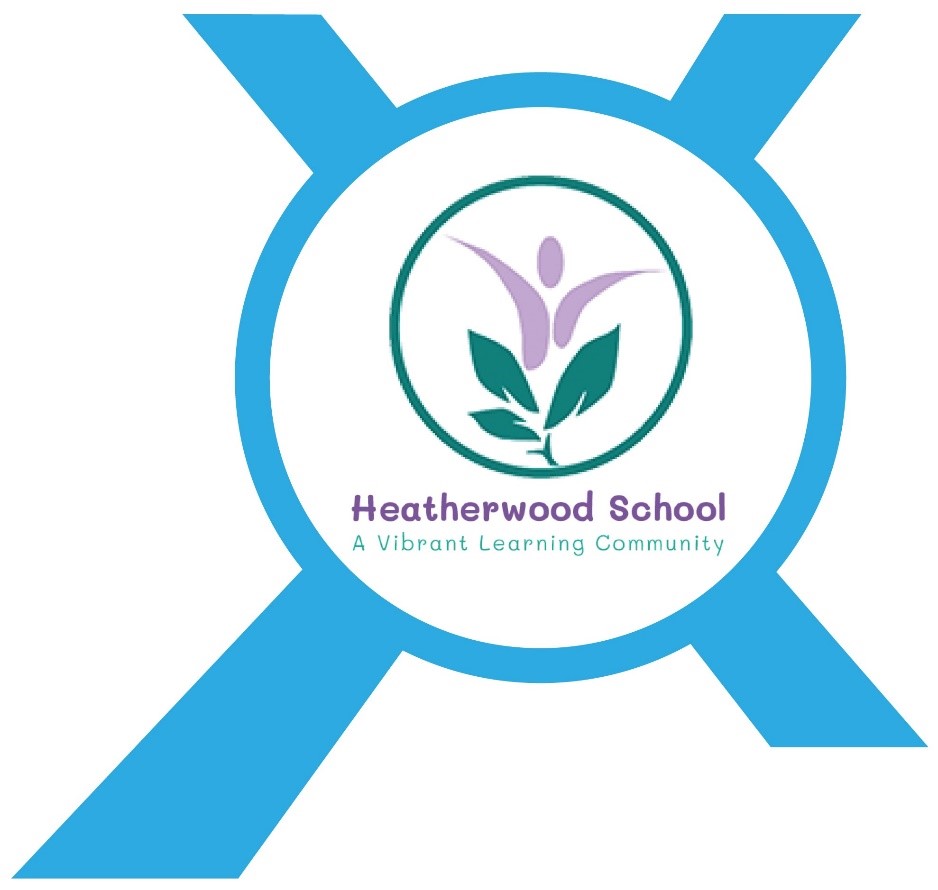Safeguarding
The school takes its role in the protection of children from all forms of harm, very seriously.
This is reflected in our practice at all levels:
- All staff have the necessary checks prior to being appointed to the school.
- All staff have received basic child protection training, updated at least every 2 years.
- New staff have child protection training as part of their induction.
- Safer recruitment procedures are strictly followed.
- Designated Persons for Safeguarding and Child Protection attend termly updates on behalf of the Safeguarding Board.
- The school follows a robust system of additional training in school related to keeping children safe in school.
Designated Safeguarding Lead:
Rachel Wilson DSL- Contact 01302 322044
Deputy Designated Safeguarding Lead:
Rochesca Moody - DDSL Contact 01302 322044
Help stay safe online at Child Exploitation & online protection centre – CEOP
www.ceop.police.uk/safety-centre
Safeguarding terms can be confusing.
Here is an overview of terms that could help clarify things.
Early Help provides support to the family as soon as a problem emerges, so it does not escalate to social care. Staff should speak to a DSL and an Early Help referral can be made.
Peer on Peer Abuse (also known as CUAB (Children using Abusive Behaviour). Some children are more vulnerable to physical, sexual and emotional bullying and abuse by their peers. In our school, this kind of abuse will always be taken as seriously as abuse perpetrated by an adult and as seriously as a child who is suffering or likely to suffer significant harm.
Child Sexual Exploitation (CSE) involves young people receiving something in exchange for sexual acts. Sexual exploitation can take many forms, ranging from seemingly consensual relationships to serious gang and group exploitation.
Female Genital Mutilation (FGM), also known as female genital cutting and female circumcision, is the ritual removal of some or all of the external female genitalia. The practice is found in Africa, Asia and the Middle East, and within communities of countries in which FGM is common.
Breast Flattening/ Ironing
Breast flattening, also known as breast ironing, is the process during which young pubescent girls’ breasts are ironed, massaged, flattened and/or pounded down over a period of time (sometimes years) in order for the breasts to disappear or delay the development of the breasts entirely. Brest Ironing is a form of child abuse.
Human trafficking involves recruitment, harbouring or transporting people into a situation of exploitation through the use of violence, deception or coercion and being forced to work against their will. Trafficking is a process of enslaving people, coercing them into a situation with no way out, and exploiting them.
Child Criminal Exploitation through County Lines is where children are groomed/exploited to carry drugs and money from urban areas to suburban and rural areas, markets and seaside towns. Child criminal exploitation is not always conducted through county lines, it also refers to children and young people being drawn in to criminal activity which may involve gang crime or knife crime.
Modern Slavery includes people being forced to work – through coercion, or mental or physical threat. This can also include being dehumanised, treated as a commodity or bought and sold as ‘property’, physically constrained or having restrictions placed on their freedom of movement.
Forced Marriage is where one or both people do not (or in cases of people with learning disabilities, cannot) consent to the marriage and pressure or abuse is used.
The Prevent duty is the duty in the Counter-Terrorism and Security Act 2015 of specified authorities, in the exercise of their functions and to safeguard people and communities from the threat of being drawn into terrorism and radicalisation.
Contextual Safeguarding is an approach to understanding, and responding to, young people’s experiences of significant harm beyond their families. It recognises that the different relationships that young people form in their neighbourhoods, schools and online can feature violence and abuse.
British Values Fundamental British Values includes Democracy, Role of the Curriculum, Tolerance of different faiths and beliefs, Rule of law, Individual liberty, Mutual respect, Preventing radicalisation and Extremism. (Remember it as DR TRIMP)
Children missing in Education Child (CME) are children of compulsory school age who are not on school role, not being educated in an alternative provision, not being educated at home, children with poor attendance.
Sexual Violence and Sexual Harassment can occur between two/groups of children of any age and sex. See KCSIE for definitions and Brooks Traffic Light for advice.
